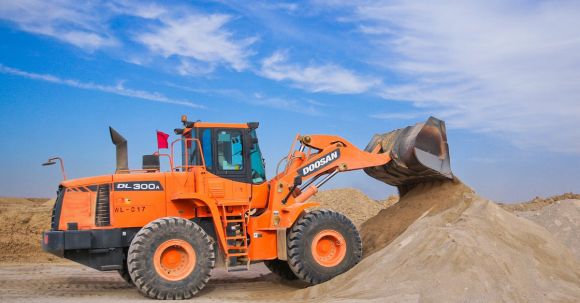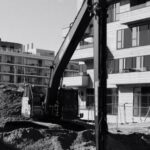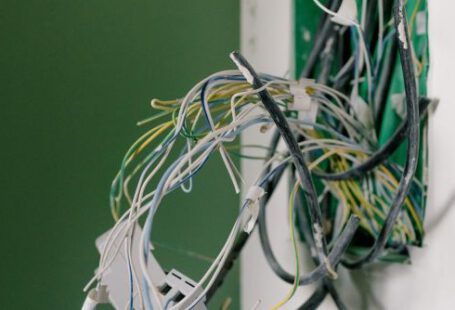The construction industry is a highly demanding field that requires the use of heavy-duty equipment. While these machines are designed to be robust and reliable, they need regular inspections and maintenance to ensure that they are functioning properly and to prevent potential accidents on the worksite. Regular inspections and maintenance of construction equipment are essential for ensuring the safety of workers and the quality of the job.
Why Is Regular Inspections and Maintenance Important?
Regular inspections and maintenance of construction equipment are important for a variety of reasons. First and foremost, it helps to ensure the safety of workers on the job site. Properly maintained equipment is less likely to malfunction or break down, which reduces the risk of serious accidents. Additionally, regular inspections and maintenance can help to detect potential problems early on, allowing the operator to address them before they become more serious.
Regular inspections and maintenance also helps to ensure the quality of the job. Properly maintained equipment is more likely to perform better, which can lead to a higher-quality product. Additionally, regularly inspected and maintained equipment is less likely to break down, which can help to reduce costly delays in the construction process.
Finally, regular inspections and maintenance can help to extend the life of the equipment. Properly maintained equipment is less likely to experience problems and is more likely to last longer, resulting in lower costs for repairs and replacements.
What Should Be Inspected?
Inspections should cover all aspects of the equipment, including the engine, hydraulics, electrical systems, and any other components. Inspectors should also check for signs of wear and tear, such as loose bolts or worn out parts. Additionally, they should look for any signs of corrosion or damage that could lead to potential problems.
How Often Should Inspections and Maintenance Be Done?
The frequency of inspections and maintenance will depend on the type of equipment and the environment in which it is used. Generally, most construction equipment should be inspected and maintained at least once a year. However, certain pieces of equipment may require more frequent inspections and maintenance, such as those that are used in harsher environments or those that are used more frequently.
What Are the Benefits of Regular Inspections and Maintenance?
Regular inspections and maintenance of construction equipment can provide numerous benefits. It ensures the safety of workers on the job site, helps to ensure the quality of the job, and can help to extend the life of the equipment. Additionally, regular inspections and maintenance can help to reduce the costs associated with repairs and replacements.
Conclusion
Regular inspections and maintenance of construction equipment are essential for ensuring the safety of workers and the quality of the job. Inspections should cover all aspects of the equipment and be conducted at least once a year, although some pieces of equipment may require more frequent inspections. The benefits of regular inspections and maintenance include improved safety, improved quality, and reduced costs associated with repairs and replacements.






